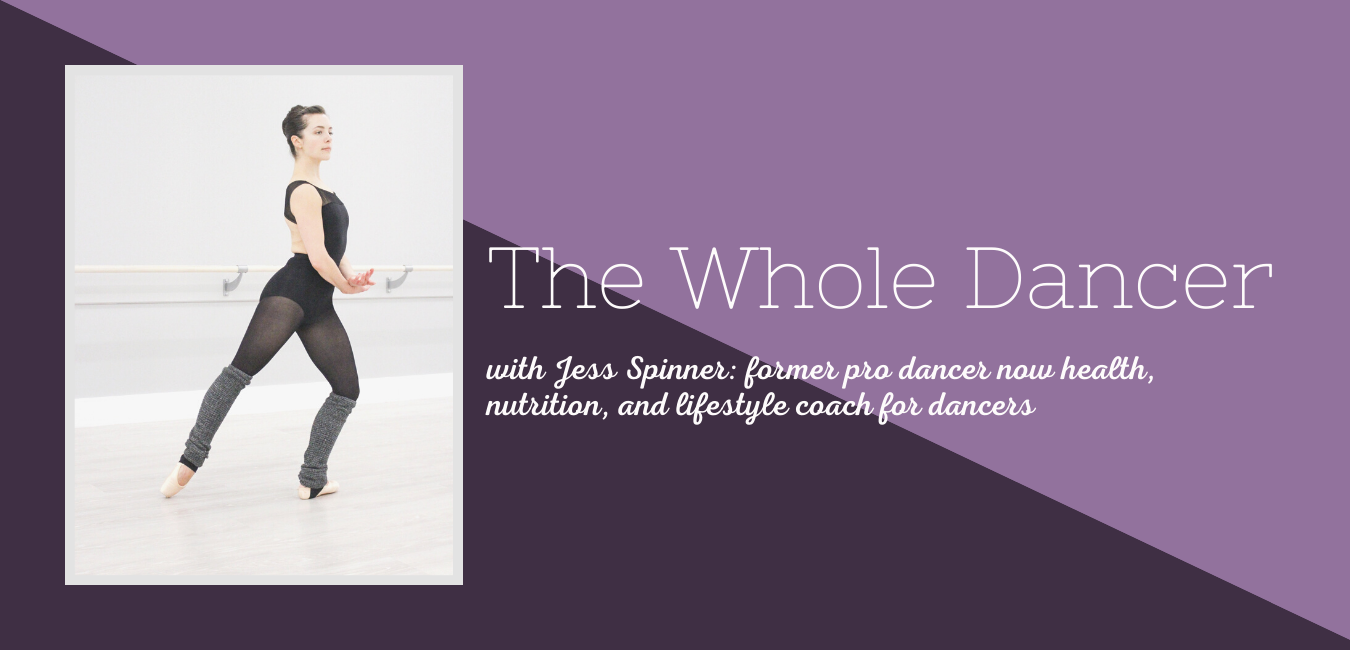More and more, the question of hormones and balancing hormones comes up with my clients and parents of younger dancer clients. Hormones are the chemical messengers in our bodies. They control your metabolism, hunger, mood, sleep, stress, sex drive, fertility, and so much more. They quite literally tell your body to do what it’s supposed to do and when.
The endocrine glands, including the pituitary, thyroid, adrenal glands, ovaries, and others, are in control of hormonal production. The communion of these glands and hormones create a very delicate balance with each other to keep your body functioning optimally.
Your temperature, hunger, satiety, sleepiness, fat storage or burn, stress response, and more all depend on the intricate balance. A very common concern among dancers and dance parents is around a delayed or irregular period. If you’re experiencing unexplained weight gain or loss, having missing periods, or feeling fatigued or burnt out, a hormone imbalance may be to blame.
In extreme cases, hormonal disruptions may be connected to Relative Energy Deficiency in Sport or RED-S. “The female athlete triad is a subset of RED-S. It describes three interrelated conditions: disordered eating, irregular menstruation, and bone loss.”
A missing period could indicate low estrogen, which would also impact bone mineral density. “Estrogen both stimulates bone formation and protects the skeleton from bone resorption. When there is not enough estrogen to allow for normal menses, there is not enough estrogen to stimulate normal increases in bone mineral density.” This can lead to stress fractures, which are a common indicator of RED-S.
There are serious health implications of missing, delayed, or irregular periods. Do not ignore this symptom.
Things that disrupt hormone balance.
Underfueling is one of the most common causes of hormone disruption. Without adequate calories, you can’t garner all the nutrients needed from food. When you’re dancing for hours a day, six days a week or more, you need to provide your body with adequate calories.
For most dancers, that means over 2,000 calories a day. If you’re not providing your body with adequate energy to function, your body systems start to shut down.
Another potential contributor to hormone imbalance among dancers is stress. In the simplest terms, high cortisol levels (stress hormone) lowers estrogen levels. Being too stressed can contribute to a loss of menstruation.
A lot of young dancers find themselves in stressful, high-pressure dance environments. There’s the possibility that they’re undereating, overexercising, too stressed, or they’re being impacted by all of those factors.
Why should you care?
For long-term bone health, you need adequate nutrition especially in your teenage years. That’s when a significant amount of bone density is established. Low estrogen is known for causing bone loss. In addition to the long-term implications, low bone density can result in stress fractures. In fact, hormones, genetics, and diet can all play a role in stress fractures.
You may not be very concerned about your fertility now, but it is something you may worry about later. Caring for your body and preserving your hormonal health can support you in whatever decision you make about having children later on.
You may need to gain weight.
Chronically undereating can increase your stress hormone (cortisol) and disrupt healthy sex hormone levels.
This might be a tough pill to swallow, but the very necessary shift may be that you need to gain weight. This can be quite scary for dancers because you might view all weight gain as a bad thing.
However, you may also discover that you have more energy, are better able to focus, and have regular periods when you consume more food and possibly gain weight.
It’s possible food variety is what’s missing.
Overall, diets that are high in a variety of whole foods with lots of fiber, vitamins and minerals, and phytochemicals promote healthy hormone levels.
For hormone balance, consider your macronutrient balance.
Dietary fats are the building blocks of estrogen and progesterone. Adequate dietary fat intake may help regulate menstruation and lower PMS symptoms like painful cramps and mood swings.
To find a healthy and supportive path forward, speak to a gynecologist and consider seeing a naturopathic doctor as well. While a gynecologist is more likely to recommend hormonal birth control as a solution, a naturopath can suggest supplements and dietary changes to achieve hormone balance naturally.
If you’re looking for support in finding a more balanced approach to food and your body for dance, set up a complimentary coaching call and we’ll discuss if health, nutrition, and lifestyle coaching is the right fit for your needs.

